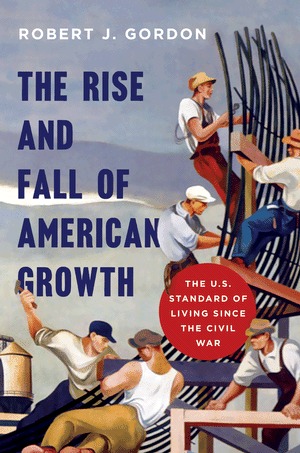The General Theory of Employment, Interest, and Money
The General Theory of Employment, Interest, and Money
In the throes of global economic turmoil, John Maynard Keynes's seminal work, "The General Theory of Employment, Interest, and Money," emerges as a beacon of revolutionary thought. Challenging the prevailing laissez-faire orthodoxy of his time, Keynes boldly asserts that full employment is not a natural outcome of unfettered market forces but a state that requires deliberate government intervention. Through meticulous argumentation and economic theory, Keynes lays down the framework for what would become the bedrock of modern macroeconomic policy, advocating for a proactive stance in managing economic cycles to mitigate the harsh edges of capitalism's inherent fluctuations. Keynes's magnum opus is not merely an academic treatise but a call to arms, urging policymakers to wield the tools of fiscal and monetary policy to sculpt an economy that serves the many rather than the few. At its heart, "The General Theory" is an eloquent plea for a more equitable distribution of wealth and opportunity, framed within a sophisticated analysis of the dynamics of interest rates, investment, and employment. As relevant today as it was in the tumultuous 1930s, Keynes's masterpiece continues to inspire and provoke, reminding us of the power of ideas to shape the world.
3
recommendations
recommendation
Similar recommendations
View all









This site is part of Amazon’s Associates Program. Purchasing books recommended by successful individuals through my links earns us a small commission, helping keep the site running, at no additional cost to you. Thank you for supporting our site!



